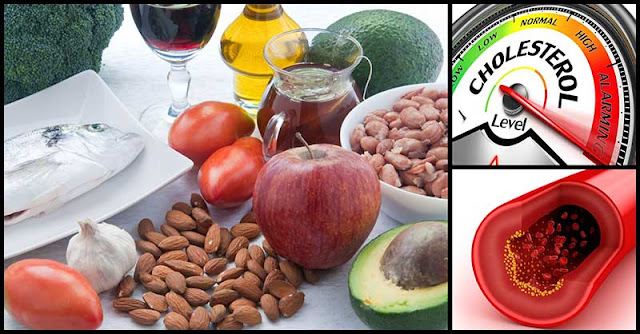Many people around the world are plagued with high cholesterol levels, a risk factor that significantly plays into our prospects of developing heart disease in the long run. When it comes to this health condition, switching to a healthy diet may have a huge benefit.
Foods That Can Help In Lowering Down Cholesterol Levels
Oily Fish
Oily fish, such as salmon and tuna, contain omega-3 fatty acids that can help protect our heart from abnormal rhythms and reduce triglycerides present in our bloodstream.
Simply eating salmon twice of thrice per week instead of steak can provide our body with the necessary omega-3 that will reduce our cholesterol levels.
Pecans
Pecans have a significant amount of monounsaturated fatty acids. This type of fat has been linked to improved levels of the body’s total cholesterol. In addition to this, they are also rich in plant-based antioxidants (beta carotene and vitamin E) that help in lowering the risk of chronic inflammation.
Eggplant
Eggplant benefits our heart due to its high fiber content which can lower down LDL cholesterol and stimulate the uptake of HDL cholesterol. Lower levels of LDL can help prevent strokes heart attack, and atherosclerosis.
Additionally, eggplant has bioflavonoids that are great for reducing blood pressure which reduces the strain and stress on the cardiovascular system, thereby improving the health of your heart.
Tomatoes
Tomatoes are loaded with potassium, vitamin A, and vitamin C. The antioxidant in tomatoes known as lycopene has been associated with reducing levels of LDL cholesterol in higher doses.
Avocados
Avocados are good sources of monounsaturated fatty acids (MUFAs). According to studies, eating an avocado a day can provide a heart-healthy benefit by improving LDL cholesterol levels.
Try adding avocado slices to salads and sandwiches or eating them as a side dish.
Herbs and Spices
As much as possible, use herbs and spice to flavor foods. They can help in cutting back condiments high in saturated fat while maximizing flavor. Moreover, spices and herbs are also loaded with antioxidant that helps improve cholesterol levels when we consume them along with veggies. Some of the best spices and herbs we can try are basil, black and red chili pepper, cilantro, rosemary, tarragon, mint, oregano, sage, ginger, and garlic.
Fruits
For us to be able to enjoy the vitamins and minerals packed in various fruits, we need to consume about 400 grams of fruit per day. Aside from providing crucial nutritional content and satisfying our hunger and thirst, fruits particularly citrus fruits and even apples contain soluble fiber that can help lower down our cholesterol levels.









